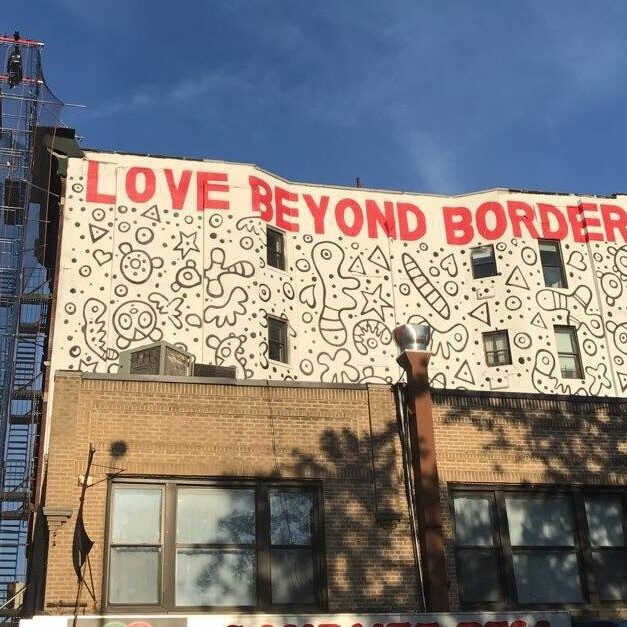Contact Info and Office Hours
Nora Reynolds – npreyonolds@haverford.edu
Stephanie Keene – sdkeene@haverford.edu
Ari Katz – askatz@haverford.edu
Drop-in Zoom office hours: Wednesdays from 9:30-10:30 am with Ari, Stephanie, and Nora. Click here for our Zoom link.
Course Info
This course considers a civics of interdependence. We have a role to play, but who are “we,” what role is that, and what ideas, methods, and skills might help us take action for more just, inclusive, sustainable communities? In a compelling video on our opening page on interdependence, UCLA Professor Ananya Roy suggests that our lives are tied up with global poverty – from what we choose to buy to how we choose to behave civically. Roy says, “We have a role to play everyday, whether in local communities or across national borders, in making and unmaking a world of inequality. To imagine ourselves as saviors of the poor is foolish, but to imagine ourselves as voiceless and powerless is equally foolish.” We take up this analytical challenge and the action-oriented disposition it suggests, through consideration of key concepts in local-global civic inquiry and action – through the lens of the Philadelphia region and broader national and international partnerships at Haverford College. The course proceeds through the following key questions:
- How do my identity, my strengths, and my interests relate to advancing social change?
- What theories and methodologies help us advance place-based understanding of interdependence, and how can those approaches help us better understand the Philadelphia region and other civic engagement partnerships the College holds?
- What entry points exist for involvement with regional and international social change partnerships?
- How can participatory and Fair Trade Learning methodologies advance partnerships with communities and community organizations in systematically respectful ways?
Learning Goals
- Identify, analyze, and apply critical concepts for engaging fundamental issues of inequality and social justice
- Critically reflect on the intersection of key concepts, institutions, and structures, and their relationship to one’s own identity, vocational, and civic interests
- Identify and develop personal opportunities or ambitions for putting learning into action for greater ethical purposes.
